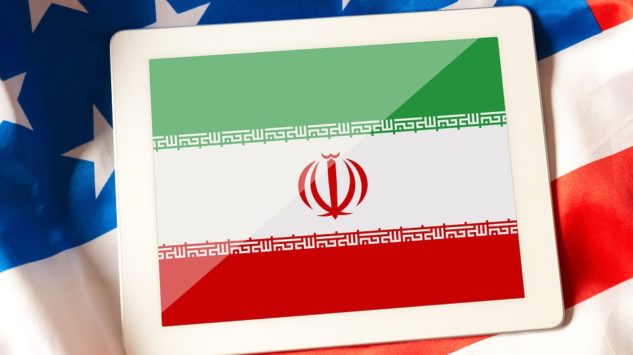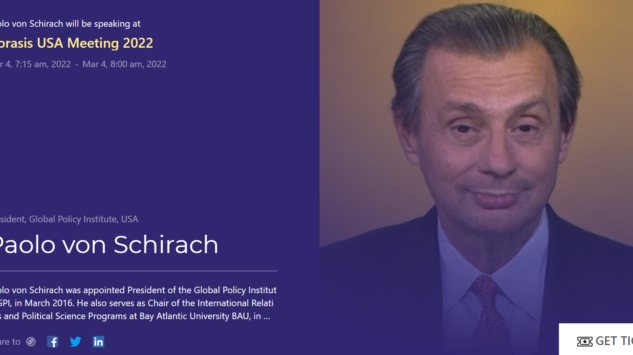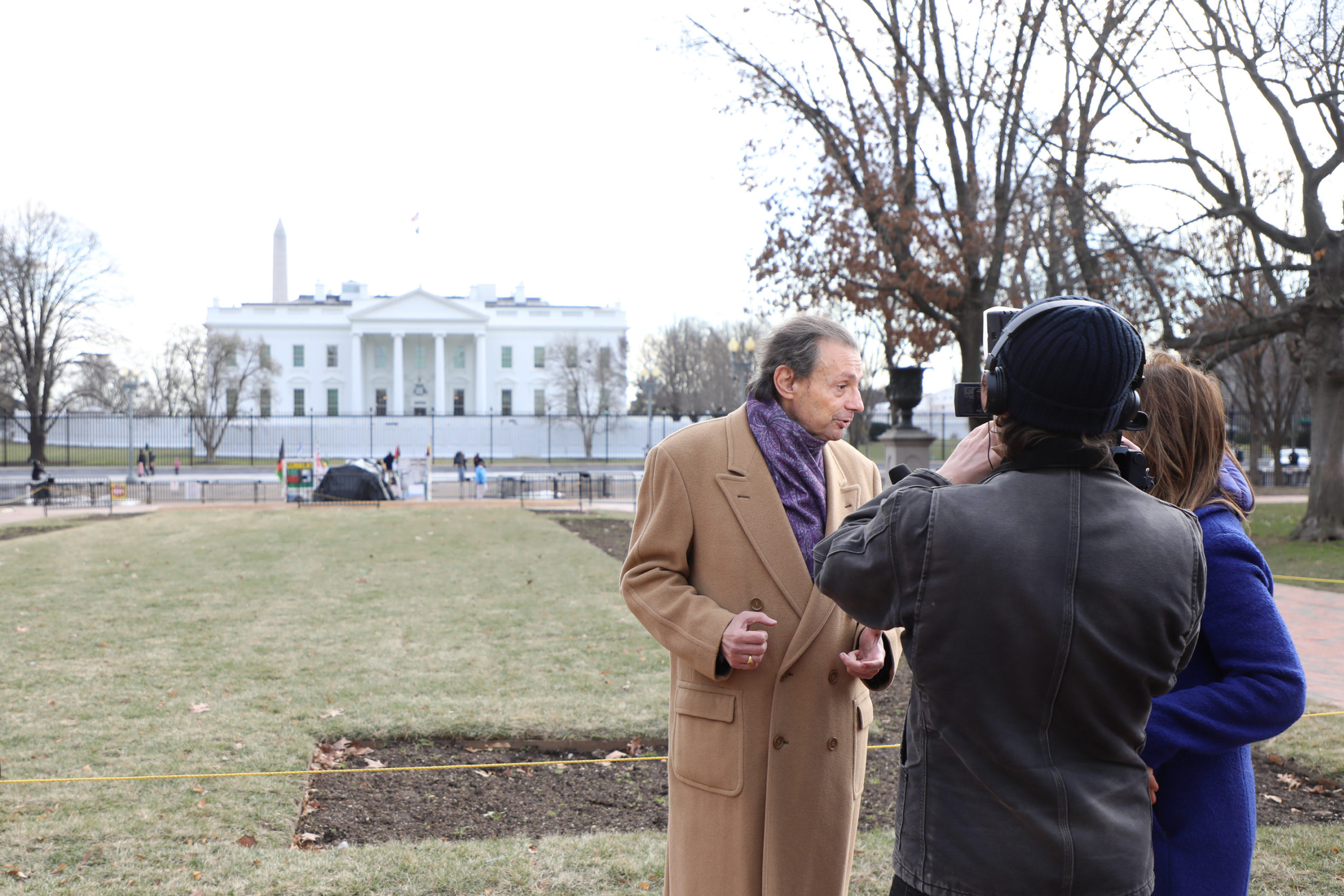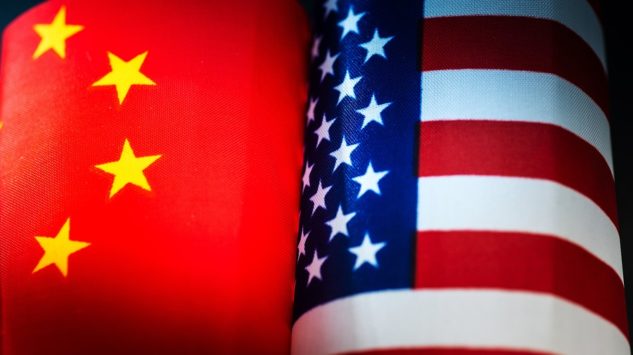News

“US Leverage Over Europeans May Deter Moves to Save Iran From Sanctions”
GPI President Paolo von Schirach commented on Sputnik interview:
WASHINGTON, August 7, 2018 (Sputnik) – US pressure may succeed in reducing or ending significant European investment in Iran to avoid tough new sanctions imposed by Washington, former European Union (EU) consultant Paolo von Schirach told Sputnik on Tuesday.
“While politically isolated on this issue, Washington has a great deal of leverage when it comes to successfully imposing economic sanctions against Iran,” Schirach, president of the Global Policy Institute and professor of international affairs at BAU International University said.
The EU announced on Monday that it would respond to the sanctions by activating its new blocking statute to protect European companies from their full impact. Brussels maintains it is unlawful for the US to try and impose sanctions on companies in other countries doing business with Iran.
However, Schirach cautioned that the United States has enough economic clout to impose its will over sanctions on the 28-nation EU.
“America is strong enough economically and financially to force other countries, mainly the Europeans, to let go of any current or planned deals and investments with Iran in order to avoid American sanctions,” he said.
Those sanctions would be applied against European governments and companies that continue to do business with Iran after the US sanctions kick in, Schirach pointed out.
The US sanctions are also being imposed at a vulnerable time for Tehran, Schirach observed.
“The US sanctions will hurt an Iranian economy that is already in bad shape in major way. Even prior to the US decision to get out of the 2015 deal and re-impose economic sanctions, the Iranian economy was doing rather poorly,” he said.
The economic relief that the Iranian government had counted upon after concluding its 2015 Joint Comprehensive Plan of Action (JCPOA) with the United States, Russia, China, the United Kingdom, Germany, France and the EU never happened, Schirach recalled.
“The anticipated investment windfall that was supposed to follow normalization with the West after the ‘nuclear deal’ came into force never happened, at least not in amounts that could significantly trigger an economic turnaround in Iran,” he said.
Economic distress is now generating internal political unrest in Iran, Schirach noted.
“We know of scattered food riots, and other spontaneous protests across Iran triggered by high prices and scarcity. And now it is getting a lot worse,” he said.
These problems were already intensifying the economic crisis facing Tehran, Schirach commented.
“The Iranian currency, already weak this year, is now almost in free fall, as most Iranians, fearing the impact of the sanctions, try to find safe haven by buying dollars and gold,” he said.
Tehran may still have important customers willing to defy the United States and buy Iranian oil, so it was still unclear whether the sanctions would have the desired effect of forcing Tehran to renegotiate with Washington the terms of the 2015 deal, Schirach cautioned.
“I would not say that this is a foregone conclusion. But it is hard to believe that Tehran can endure these US sanctions without paying a heavy price,” he said.
On Monday night, the US government introduced the first wave of sanctions targeting Iran’s acquisition of dollar bank notes, trade in gold and other metals, transactions related to the Iranian rial, and purchases of commercial passenger aircraft entered into force.


